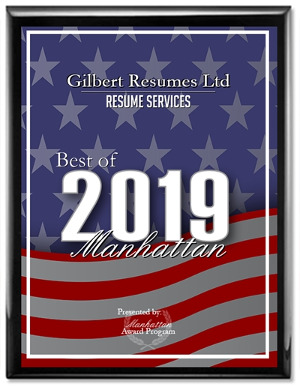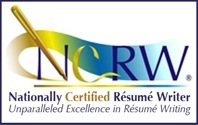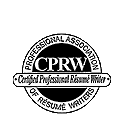Defining Your Value Proposition?
{Click here to read the original article on Careerrocketeer.}
A newly coined term that has become ubiquitous over the past decade in the Job Search sphere is Value Proposition. You’ll read and hear about it in association with networking, writing a resume and conducting an interview. The first step in defining your Value Proposition is also where many go wrong; they fail to understand that value, just like beauty, is in the eyes of the beholder. To find your true value you must first know what people need and want from you more so than concentrating on what you have to offer.
IN A RESUME: In many new style resumes you will find various sections titled Value Proposition. Some include a text box listing highly desired skills and keywords under the section heading of Value Proposition. Some resumes include a section where they expound on valuable character traits an employer desires and title this section Value Proposition. Some resumes will list relevant achievements and accomplishments and this area is called Value Proposition. All three approaches can be successful in a resume as long as you know what the employer values most and where and how to visually place it in the resume for maximum effect.
IN AN INTERVIEW: Here too value is in knowing what the employer needs and values most in this hire and addressing that point above all others.
For instance: Company A looking to hire a new Sales Manager might consider long established customer relationships in their field as the most important value in a new hire. Company B in the same field might consider the ability to build and lead a team from scratch as the most valuable asset in a new hire. Company C also in this field might value the ability to change the existing culture and sales process as the most valuable asset in a new hire. Finally Company D in this same field might consider the ability to set goals and monitor revenues and budgets as the most valuable factor in a new hire.
As a seasoned Sales Manager who excels at all of the qualities listed above you need to know the importance each of the employers places on each skill and ability and how much and when to emphasize each during an interview so you are offering the employer maximum value for their specific need. If you focus your Value Proposition in the interview on the wrong values the company will view you as a highly qualified candidate but not the one we need to hire at this time.
IN NETWORKING: This is where I will often cut against conventional opinions. I feel your Value Proposition is molded around what you can offer to others and not about what they can do for you. For instance, when you’re participating in a 1-2 minute round robin networking event with 10 other people, 9 of them will tell you about themselves and I propose you spend your time telling the other 9 people what it is you can do to help them.
The same holds true when you make a new contact. Don’t start off telling them what you need from them or what you can offer someone they might know. Start off by telling them what the value in knowing you is for them. It can be your willingness to introduce them to others, your willingness to share nonproprietary business information, your willingness to help them on a task or project they are having difficulty with. This is a real Value Proposition they will remember you for.
This same wisdom holds true when you propose to connect on LinkedIn. Tell the person why you can be a valuable contact for them and invite them to use you, reciprocity is a given but they will be more receptive knowing the connection is a 2-way street.
Comments are closed.







